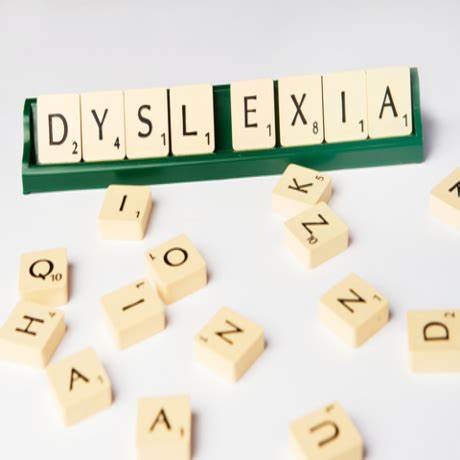
Do you know a teenage student who struggles to read aloud in class? Perhaps they are struggling with stage fright — but the reason for this reticence could be more serious. Many teens are managing undiagnosed dyslexia that affects them in multiple life areas.
A surprisingly common condition, up to 20% of the United States population struggles with dyslexia. Learn more about how to identify, assess, and ultimately help these students thrive in their school careers.
Table of Contents
How Does Undiagnosed Dyslexia Affect Teens?
Spotting dyslexia in teenagers can be difficult. You may notice the student reading late (compared to their peers), having trouble rhyming, or mixing up letters. Teens with dyslexia often present with these additional symptoms:
- Reading the same material over and over again for comprehension.
- Difficulty with keeping track of homework, assignments, and deadlines in school.
- Low self-esteem or shame about reading and writing.
3 Best Practices for Assessing for Dyslexia in Teenagers
Testing for dyslexia is a complicated process. Consider the following points when assessing older children and teenagers.
1. Consider the Tests of Dyslexia™ Assessment
The Tests of Dyslexia (TOD™) is a novel comprehensive assessment tool appropriate for older kids, teens, and adults. This comprehensive assessment can save clinicians time by eliminating the need for multiple appointments or screening sessions.
The TOD™-Comprehensive test is available for grades 1 through adulthood at WPS beginning in 2023. You may also consider the Test of Reading Comprehension, Fourth Edition (TORC-4) to determine how well your students understand reading material. WPS also has tests that measure oral understanding or phonological processing.
2. Look at the Teen’s Learning History
Consider your student’s academic progress thus far. Do you notice signs of difficulty in reading or math during the elementary years, or is the teen simply having trouble in a class with a notoriously difficult teacher?
If the class is challenging, other students will likely have similar problems. If the student has undiagnosed dyslexia, you may notice similar issues in reading, foreign language, or higher-level math throughout their school career.
3. Let Go of Myths You May Have Learned
Everybody has heard at least one myth about dyslexia and how it affects people. Examples are that people with dyslexia never learn to read well or that people with dyslexia aren’t intelligent. Some hold onto the idea that dyslexia makes people see words or write them backward.
Clearly, these aren’t accurate. People with dyslexia can be very bright — the more intelligent they are, the better they can mask their struggles. Teens who have never undergone a dyslexia screening may have never had the resources to be assessed — and they might not look like the average student with this condition.
Get in Touch With WPS for More Diagnostic Tools and Assessments
Dyslexia can present struggles for any age group. If you know of an older child or a teen who did not get assessed for dyslexia at a young age, it’s not too late for intervention.
Consider the Tests of Dyslexia (TOD™) and other assessment tools to aid in the identification and diagnosis of dyslexia in multiple age groups. Contact WPS today to discover additional relevant, research-backed assessment tools.














